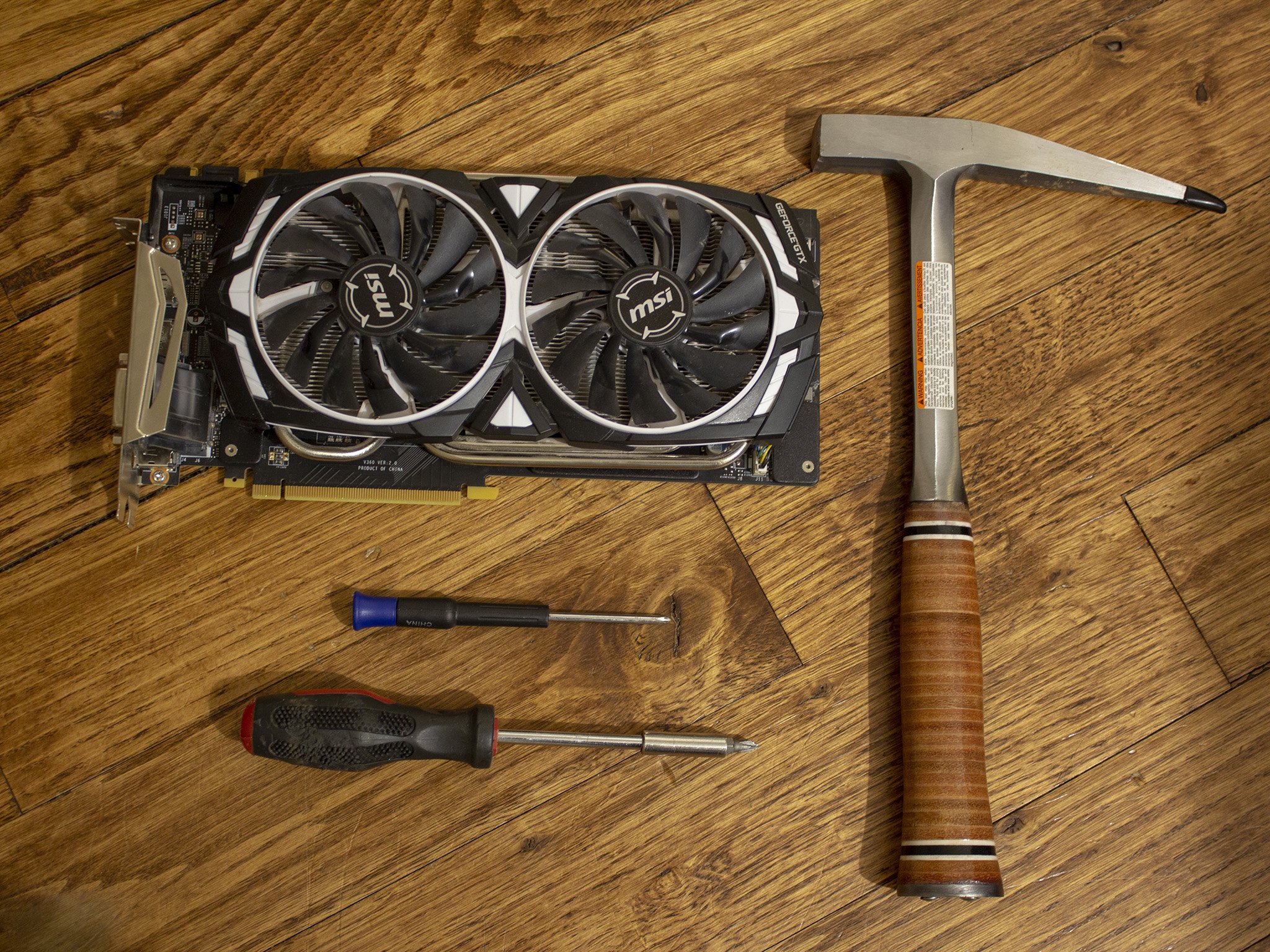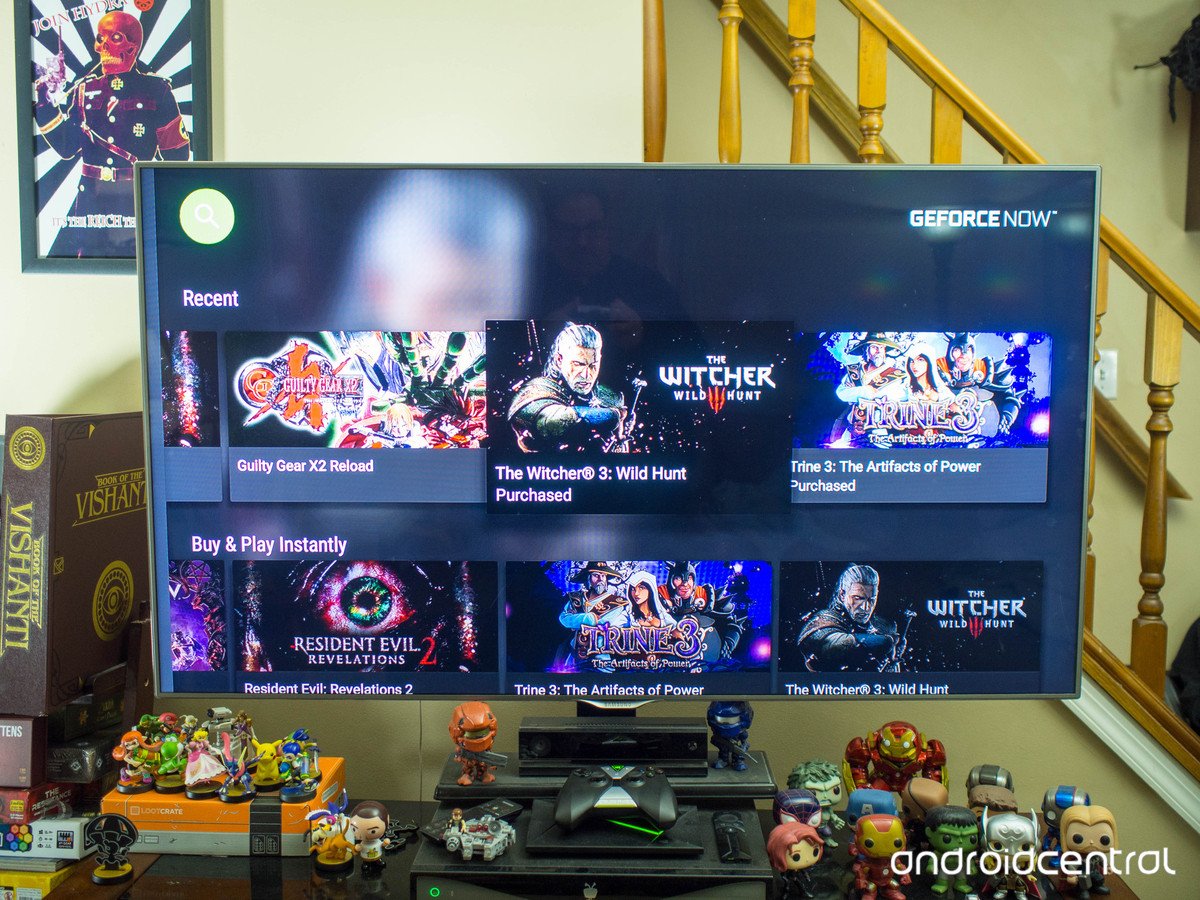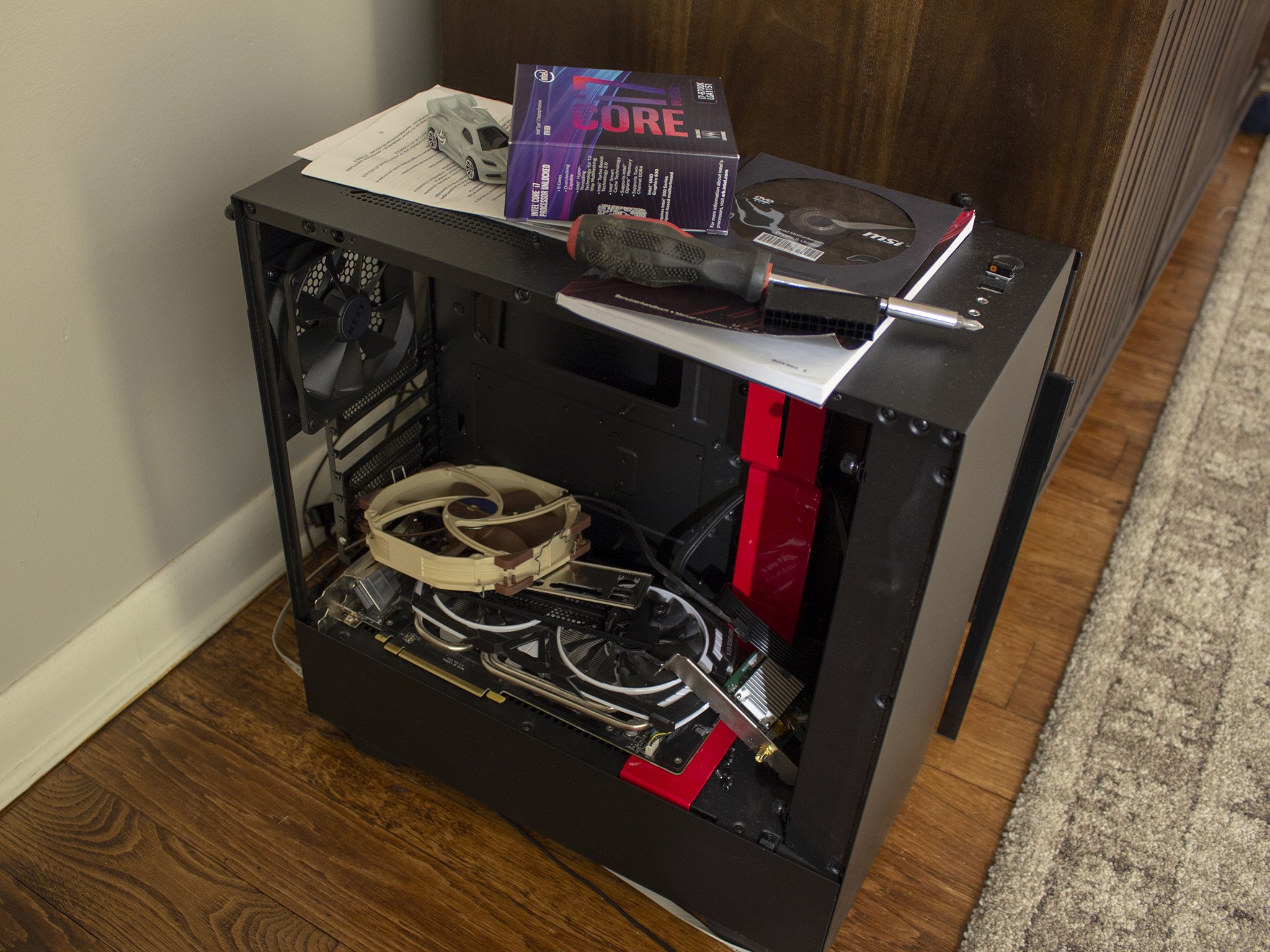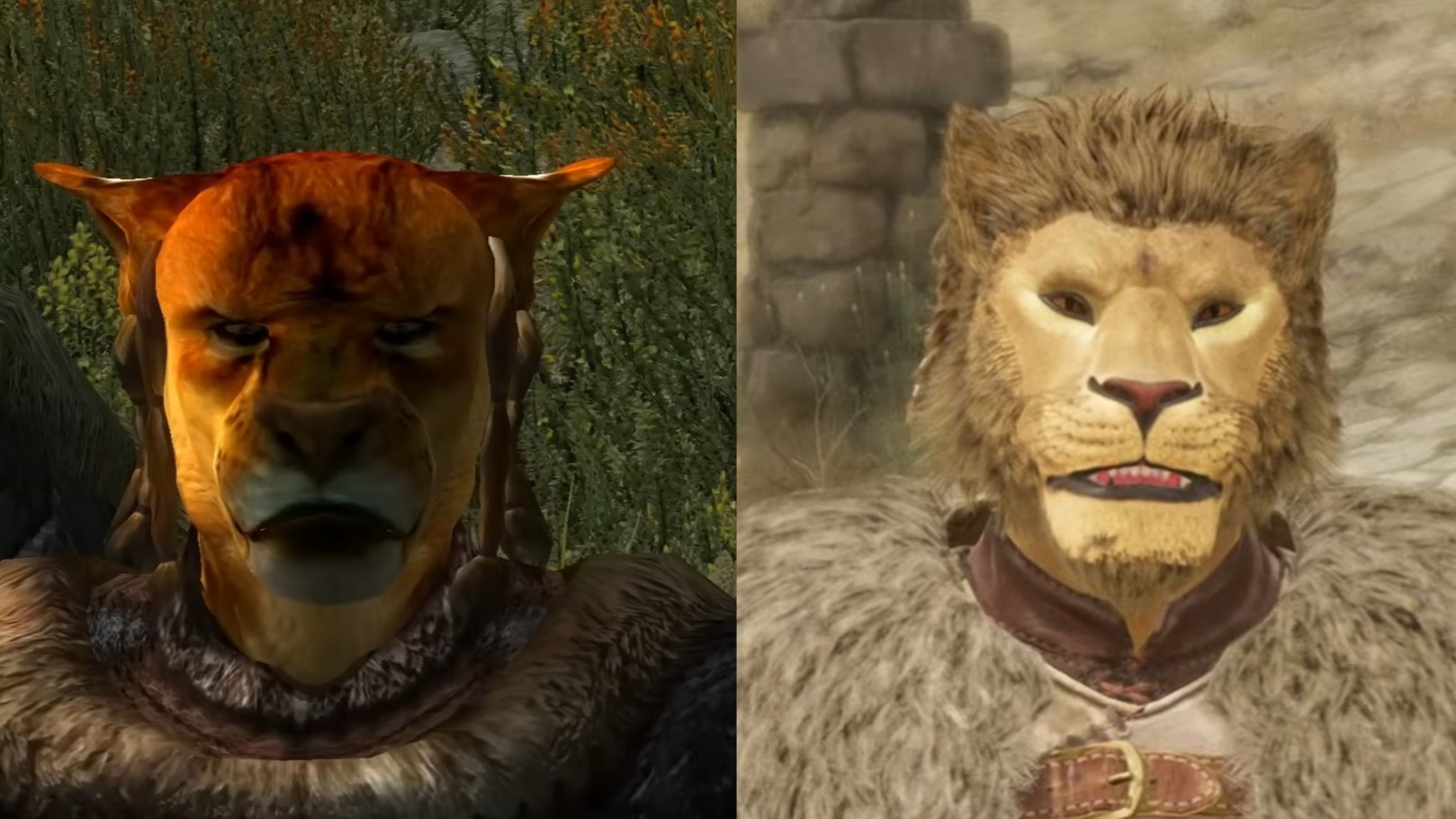Licensing agreements are ruining cloud gaming and developers aren't helping
It shouldn't be this difficult to play games I own.

Are you a fan of The Long Dark? Do you want to play it at odd hours of the night from the comfort of your bed? Or how about when you're on vacation or otherwise just not at home? How about on your phone while you're on your lunch break at work? Cloud gaming makes all of these realities possible. Still, developers like Hinterland Games, Activision-Blizzard, and Bethesda have shown that they don't seem to understand cloud gaming. Whether this is a result of sheer ignorance or simply short-term thinking, customers are finding themselves left out in the cold.
But first, let's rewind and discuss how services like NVIDIA GeForce Now work. When you subscribe to GeForce Now, NVIDIA essentially rents you a virtual machine that you can use as a vehicle to play games. This Windows 10-based virtual machine (VM) looks just like your desktop computer, and you simply sign into Steam or the Epic Games Launcher with your existing account and play any games you legally own through these services. This VM works exactly as any other Windows 10-powered computer works with one big exception: NVIDIA only allows users to play games it has certified to work with the technology it developed.
Commentators have described NVIDIA's service as a redistribution scheme, which may be "legally" accurate but is technically incorrect. While NVIDIA (and other similar companies) charge a monthly fee to access its platform, the money spent is designed to pay for the server infrastructure. No games are included, and NVIDIA doesn't run a store where it sells games, digital or otherwise. It simply rents you a virtual computer with the ability to log into your Steam or Epic account. People say this is a disingenuous way of describing the situation, but in reality, this is precisely what's happening, and it's those people who are being disingenuous about the situation.
Education is the key

Part of the issue can be attributed to NVIDIA's rather forward-thinking platform that's seemingly ahead of its time, and part of it can be attributed to NVIDIA themselves for not handling communication with developers better. When GeForce Now went from a free beta to a paid service, they removed the games of publishers like Capcom, Konami, Rockstar, and Square Enix because these publishers expressed concerns over the platform.
NVIDIA has been forthcoming about how they're handling these types of requests and says it'll honor any that have been made. So far, that's turned out to be 100% true, and it shows that NVIDIA is willing to play by the silly and antiquated rules that are in place, regardless of how legitimate or sensible they are. In the recent case of Bethesda, Activision-Blizzard, and Hinterland Games, NVIDIA was asked to pull said publisher's titles after the paid service went live.
GeForce Now isn't a platform; it's a service. Miscategorizing it is hurting gamers and developers.
The problem is that developers and publishers are treating GeForce Now as if it were a platform in the same way as Xbox, PlayStation, Switch, or even Stadia is. It's not a platform. It's a service. GeForce Now runs on existing platforms called Steam and Epic Games. There's nothing new or even different about how NVIDIA is providing games to players.
It's simply a service to access those platforms, and, as such, there's a deep misunderstanding and miscategorization of services like GeForce Now that are ruining the chances to make them a gaming mecca. It's also throwing away the opportunity to attract new players who otherwise couldn't afford a gaming PC or don't want to deal with the technical crap that PC gamers sometimes have to deal with. Personally, I'm sick of fixing my PC or spending money and time on upgrades and troubleshooting.
Get the Windows Central Newsletter
All the latest news, reviews, and guides for Windows and Xbox diehards.
So how about this week's news? Founder of Hinterland Studios, Raphael van Lierop, took to Twitter to announce that The Long Dark wouldn't be available on GeForce Now for the foreseeable future.
Sorry to those who are disappointed you can no longer play #thelongdark on GeForce Now. Nvidia didn't ask for our permission to put the game on the platform so we asked them to remove it. Please take your complaints to them, not us. Devs should control where their games exist.Sorry to those who are disappointed you can no longer play #thelongdark on GeForce Now. Nvidia didn't ask for our permission to put the game on the platform so we asked them to remove it. Please take your complaints to them, not us. Devs should control where their games exist.— Raphael van Lierop (He/Him) (@RaphLife) March 1, 2020March 1, 2020
This post has received many responses, both on Twitter and on popular gaming forums like ResetEra. The response has been overwhelming. Many gamers have cited their displeasure with the move and have refused to either play or purchase anything more from Hinterland Games until this decision is reversed. People don't like being told what they can or cannot do with something they've purchased with their own money, and games are no exception.
It's frustrating when gamers clearly speak their mind about what they want, yet developers and publishers take no heed. Worse yet is when a developer or publisher won't accept their mistake or misunderstanding and, instead, digs their heels in. I'm using Raphael van Lierop as an example because he's at the root of this week's conversation surrounding cloud gaming, not because I'm picking on him. But he and Hinterland Games are wrong, and they're not keeping their own customers in mind with these types of decisions.
It's too bad that the public reaction to our totally innocuous decision will probably prevent other devs from feeling like they can determine what platforms their games are played on. Blizzard, Capcom, etc. have huge legal and community teams who can handle these situations.It's too bad that the public reaction to our totally innocuous decision will probably prevent other devs from feeling like they can determine what platforms their games are played on. Blizzard, Capcom, etc. have huge legal and community teams who can handle these situations.— Raphael van Lierop (He/Him) (@RaphLife) March 2, 2020March 2, 2020
What's bizarre is that van Lierop thinks this decision is "innocuous," as he put it. There's nothing innocuous about telling gamers they need to purchase another license to play a game they've already purchased, especially when the gamers in question aren't asking the developer to do any more work. No one is asking to port the game to another platform, or any other number of ridiculous and unreasonable requests often made by forum dwellers. No one is taking control away from developers, despite what the original Tweet says. This action is harmful to the industry; there's absolutely nothing innocuous about it.
Greed is at the heart

While some folks are blaming "the system" for causing developers to pull their games from services like GeForce Now, licensing agreements are only part of the problem. I wholly expect giant corporate entities like Activision-Blizzard, Bethesda, and EA to treat their customers and developers like dirt. There's plenty of historical proof of this happening and, while it's not a surprise anymore, it's still basically expected at this point. But I expect better from smaller indie developers like Hinterland Games.
Some folks say these types of moves are to control the distribution of software better, to help guard against piracy, and to help secure exclusive licensing agreements, but, honestly, that's a load of nonsense. It shows a deep misunderstanding of how distribution models work. When a developer chooses to sell its games through a platform like Steam, there's an assurance that Valve's distribution model and anti-piracy measures are reliable.
As a developer, I'd be much more wary of companies like GOG, which offer 30-day return policies on digital licenses. Now that's scary.
When I log into my Steam account, I can only play games in one location. There's no exception to this policy, no matter if that sign-in is from a virtual or a physical machine. If I share my account with a friend and they're playing one of my games, it kicks them off when I sign in. There isn't a market where people are playing dozens of Steam games they don't own. The model doesn't allow for it.
The majority of Valve's business relies on Steam being as solid a platform as possible, and you can bet they're not going to let users abuse your software in a meaningful way. As a developer, I'd be much warier of companies like GOG, which offer a literally insane no-questions-asked 30-day return policy on a digital license. Now that's scary.
What NVIDIA is doing with GeForce Now isn't scary. It's not breaking any sensible agreements between companies, and it's not somehow making revenue off developers without giving them a slice of the pie. NVIDIA's design is akin to you remoting into your home PC to play Monster Hunter while at work. No developer would bat an eye at a user doing this, and no developer should be questioning how users play their games in the first place.
If I want to play the games I've paid for on a VM, no matter who owns that VM or runs the hardware, it's my right to do so. NVIDIA's model is far more developer and consumer-friendly than services like Stadia, which both require developers to develop a Stadia-specific version of their game (effectively, another console port to create and maintain), and it requires consumers to purchase yet another copy of a game (which most people won't do).
If I want to play the games I've paid for on a VM, no matter who owns that VM or runs the hardware, it's my right to do so.
GeForce Now lets consumers purchase a single copy of a game through Steam, which can be played and enjoyed on a variety of screens. It gives them the power to enjoy the game at higher resolutions and detail settings with higher framerates than their laptops or aging home PCs might be able to handle. Effectively, it's a way to get consumers to purchase more games since they won't be spending money and time on hardware purchases, technical troubleshooting, and other irritations of PC gaming.
It's also a way to bring more gamers in that will play a game for longer. That's the path to getting gamers to purchase expansions, invest in in-game items by using real currency, subscribe to "plus" packages that offer incentives, and other ways for developers to increase revenue. Relying on simple one-time sales is one thing, but bringing more gamers into the fold that will stick around for a long time is a better goal, and platforms like GeForce Now allow that by breaking down barriers that used to exist.
I thought we were past this era?

As for the exclusivity argument, that's also utter nonsense. If a company like Hinterland Games signs an exclusivity agreement with Epic Games to distribute its next game through the Epic Games Store, for instance, it can then only be purchased and played through Epic's store. If I launch the Epic game launcher on my home PC or a virtual machine, there's literally no difference in how Epic manages my account or the licenses in use.
It's also not available on another platform, despite what some might claim about exclusivity agreements. The fact that developers are trying to control what screen we're playing on should affront us as gamers. It's not their choice where or how I play. It's mine. Here's another less-than-ideal take on the same situation we've been discussing.
I expect we’ll see much more of this.
‘Play your steam library anywhere’ services are amazing for the consumer. They’re (potentially) terrible for devs.
It kills the ability to commercialise ports for new platforms (partic mobile) or to negotiate exclusivity deals. https://t.co/2zpLXvC60WI expect we’ll see much more of this.
‘Play your steam library anywhere’ services are amazing for the consumer. They’re (potentially) terrible for devs.
It kills the ability to commercialise ports for new platforms (partic mobile) or to negotiate exclusivity deals. https://t.co/2zpLXvC60W— Pete Lewin (@LegalGamerUK) March 1, 2020March 1, 2020
Yes, a company operates the GeForce Now VMs in question, but, as a subscriber to the service, it's my right to use content that I own as I see fit. The problem is that, legally, I can't do this, and that's what's so astonishingly ridiculous about the entire situation. When you buy a digital license of a game on Steam, for instance, there are restrictions to where and how you are allowed to play that game. Seem absurd? It is.
It's absurd that I legally own a game yet cannot play it where or how I want
I've been reading a lot about this today, whether it's the responses to Raphael van Lierop's Twitter post or views from other sites on the matter. This is a big deal primarily because cloud gaming is seen as the future of gaming. Dedicated consoles that are more powerful every generation are becoming a less sustainable business, and companies want to move away from those models, just as the server market has seen a significant shift from owning hardware and software to licensing VMs, operating systems, and other software.
Developers, at large, need to be more forward-thinking about this process. Are developers going to continue creating games for single platforms like it's 1996 again, or are they going to realize that distribution platforms like Steam and Epic are around to help bring these games to more people than ever before? Cloud gaming is designed to give more people access to games and, ultimately, that's what developers want. It's time the naysayers took a step back and realized that.
Nick started with DOS and NES and uses those fond memories of floppy disks and cartridges to fuel his opinions on modern tech. Whether it's VR, smart home gadgets, or something else that beeps and boops, he's been writing about it since 2011. Reach him on Twitter or Instagram @Gwanatu

